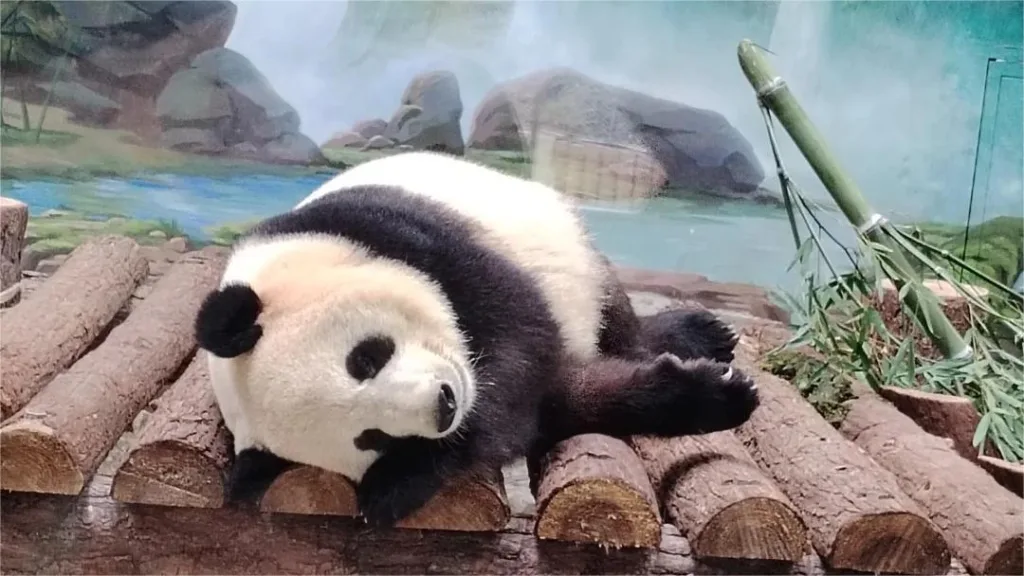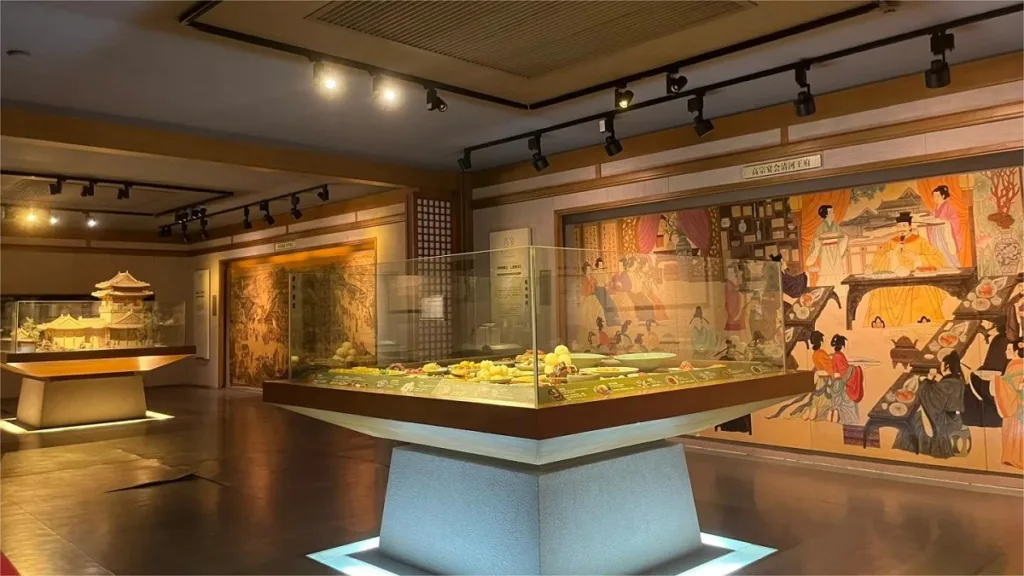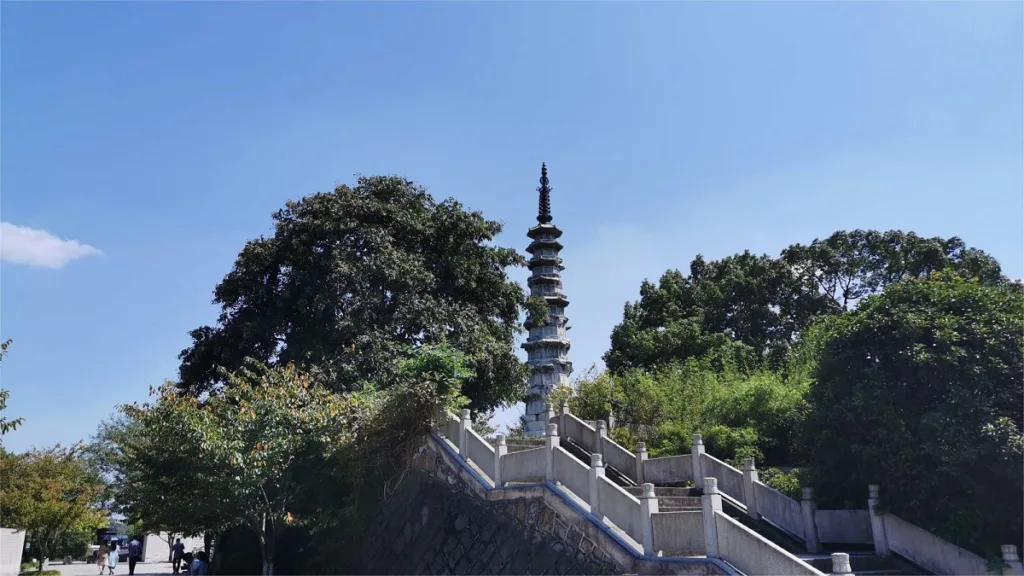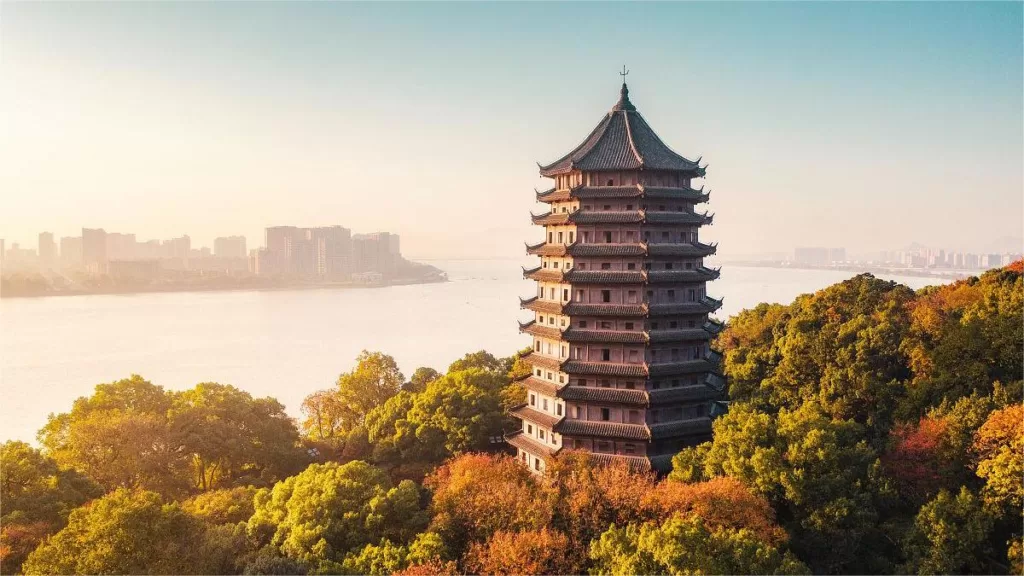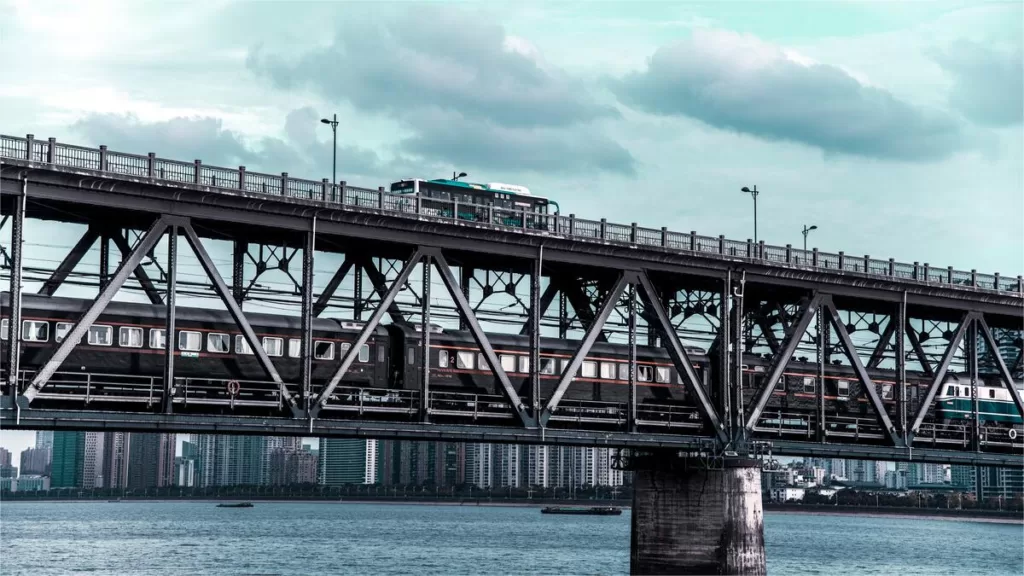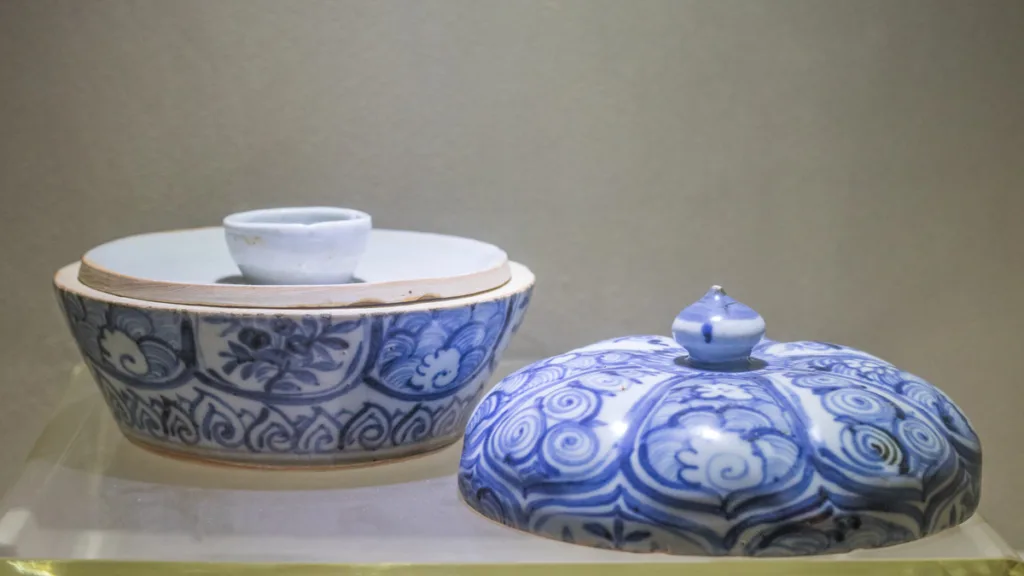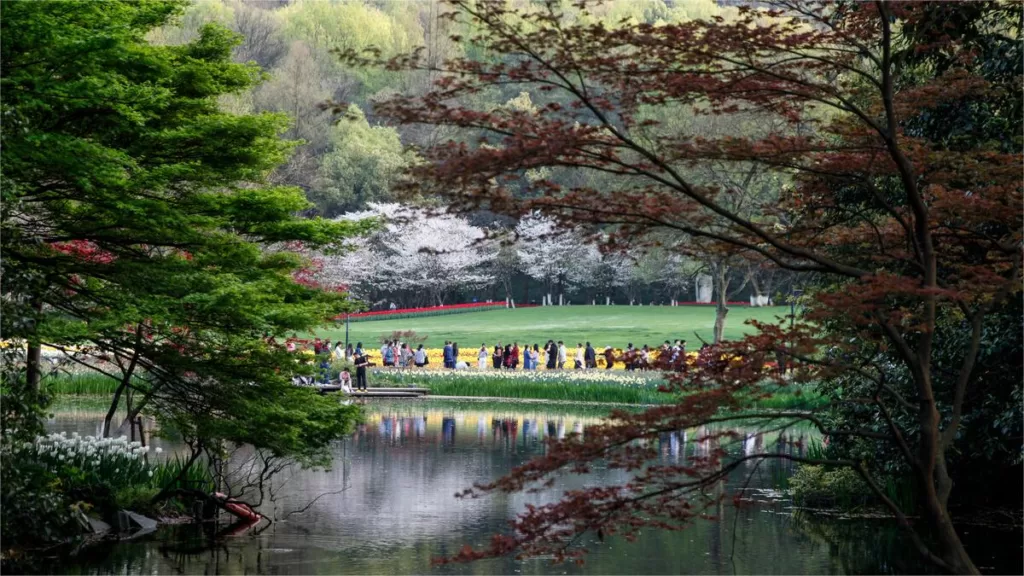Hupao Spring, also known as Dreaming of the Tiger Spring (虎跑梦泉), is situated to the south of West Lake within the precincts of the Dinghui Zen Temple in Daci Hill. According to legend, during the Tang Dynasty, the eminent monk Xingkong resided in this area. Faced with a shortage of water, he contemplated moving elsewhere. In a divine dream, he received instructions that two tigers from Mount Heng (modern-day Hengshan) would come to bring water, eliminating the need for concern. True to the dream, the next day two tigers were witnessed digging a hole in the ground, and the spring gushed forth with water that surpassed the taste and clarity of regular water. This miraculous spring was henceforth named Hupao Spring, signifying the “Running Tigers Dream Spring.”
Table of Contents
- Basic Information
- Location and Transportation
- Highlights of Hupao Spring
- Vlog about Hupao Spring
- Attractions near Hupao Spring
Basic Information
| Estimated Length of Tour | 1 hour |
| Ticket Price | 15 RMB |
| Opening Hours | 7.00 – 17.30 |
| Telephone Number | 0086-0571-87981900 |
Location and Transportation
Hupao Spring, also known as Dreaming of the Tiger Spring, is situated to the south of West Lake within the precincts of the Dinghui Temple. The specific address is 47 Hupao Road, Xihu District, Hangzhou City, Zhejiang Province.
To get there, you can take bus 4, 180, 194, 197, 315, or 318, and get off at Hupao Stop (虎跑站).
Highlights of Hupao Spring
Pure and Sterile Waters

Hupao Spring is celebrated for its pure and sterile water. With high molecular density and significant surface tension, the spring’s water fills a bowl without overflowing, earning it the title of the “Third Spring Under Heaven.” (The first being Zhongling Spring in Jinshan Temple, Zhenjiang, the second Hui Spring in Huishan Ancient Town, Wuxi.) The water’s exceptional qualities make it ideal for brewing Longjing tea, creating a beverage with a delightful fragrance and refreshing taste, often referred to as one of the “Twin Wonders of West Lake.” Observing, listening to, tasting, and experiencing the spring’s waters offer endless enjoyment. Renowned poet Su Dongpo expressed his admiration for Hupao Spring in his verses.
Jigong Monastery

Adjacent to the Hupao tea house is Jigong Monastery, the resting place of the Song Dynasty monk Jigong. The monastery features five bas-reliefs depicting episodes from Jigong’s life. The central relief portrays Jigong’s likeness, while the surrounding ones showcase his accomplishments, including his cricket-fighting prowess, lifting a wooden well, the legend of Feilaifeng, and the mad monk’s confrontation with Qin Hui. These reliefs succinctly capture the key moments of Jigong’s life. The concrete structure of the monastery dates back to the early years of the Republic of China. It was later restored and expanded with a donation of 5,000 RMB from the renowned actor You Benchang, famous for his portrayal of Jigong.
Hongyi Master Memorial Hall

Descending from the Hupao tea house leads to the Hongyi Master Memorial Hall. Hongyi Master, also known as Li Shutong, entered monkhood at Hupao in 1918. The memorial hall, established in 1984, comprises three sections showcasing over a hundred exhibits related to Li Shutong’s life. Born in Tianjin in 1880, Li Shutong was a patriotic figure, a prominent art educator, and a revered Buddhist monk. He introduced Western painting and musical notation to China and founded the country’s first drama society, Chunliu Society. At the age of 39, he became a monk at Hupao Monastery, adopting the monastic name Hongyi. Outside the memorial hall stands the Hongyi Pagoda, constructed with contributions from Feng Zikai and Reverend Guangqia from Singapore after the founding of the People’s Republic of China. The pagoda stands as a tribute to Hongyi Master’s multifaceted contributions.



